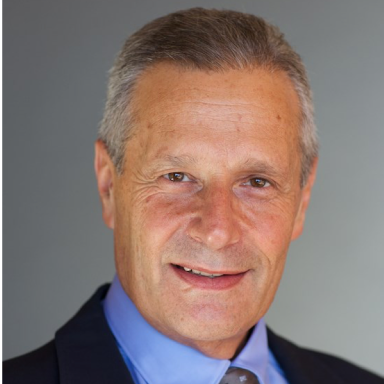Chronic anxiety can make people feel like they are riding a non-stop roller coaster, with continual stomach-churning drops and spins. Contrary to popular assumptions, anxiety can have a crippling effect on people.
Everyday, an estimated 44 million Americans contend with anxiety disorders. Of that group, 22.8% of individuals experienced serious impairment.
Evolutionarily, anxiety developed as a protective mechanism. A modest amount of anxiety has saved countless lives from dangerous creatures, weather conditions, and violence. So if you see a scorpion, you want to run fast! In the proper proportions, anxiety can serve to prepare and motivate. However, for millions of people, evolution has not yet caught up with modernity, and many of our everyday surroundings or influences can elicit an over-activation of the fight or flight reflex.
Chronic over-activation of this reflex generates a clinical anxiety disorder that is characterized by excessive fear and/or negative emotional or behavioral consequences. Often times, anxiety impacts people’s memory, decision making, focus, resilience, professional lives, relationships and/or abilities to proceed with simple activities.
The good news is that effective treatment strategies exist, and are readily available.
The National Institute for Health Care Excellence (NICE) in the U.K. recommends psychological interventions as first-line treatments rather than relying on medications. While pharmaceuticals have shown utility, they will not necessarily address the underlying causes of the anxiety, and the medication may induce adverse side effects, including excessive perspiration, drowsiness and weight gain.
A growing number of non-pharmacological techniques have been found to provide significant benefit, including yoga, acupuncture, listening to relaxing music, exercise, relaxation therapy, cognitive behavioral therapy, dialectical behavioral therapy, and expanding one’s social skills.
Here are four easy to access strategies that are generating buzz among medical practitioners today:
Cognitive behavioral therapy is an evidence-based practice that helps people identify their perceptions, change thought patterns, and reconstruct behavioral responses. The technique enables people to move away from unhelpful negative thinking, and moves them in a more positive direction. Like many other strategies, traditionally, CBT was delivered through one-on-one practitioner-client interactions. However, today it is efficacious, cost effective and easily accessible through engaging internet based platforms.
Dialectical Behavioral Therapy (DBT) is a type of cognitive behavioral therapy that not only embraces the ideas within CBT, but also emphasizes accepting emotional experiences as they unfold. Sure, you can conquer your fear of dogs in the future, but that doesn’t change the fact that the neighbor’s dog is barking (and frightening you) right now! Accepting experiences can be tough. While sitting quietly and mastering your mind in an empty room may be a struggle, online tools can guide you in finding peace. Try out a virtual guided meditation. Use it to help you become better acquainted with yourself.
Practice social skills: No need to shake hands with strangers in order to expand those social skills. If you suffer from social anxiety disorder, practice your social skills at home. Talk to a pet, practice with a family member and ask for feedback, or practice through any of a myriad of online exercises. Practicing social skills helps you cultivate the confidence to strike up a conversation with anyone.
Get some exercise: Recent research suggests that exercise may be effective adjunct to medication and behavior training in treating obsessive-compulsive disorder. While more research is needed, it is well known that exercise helps to release endorphins and other mood elevating neurotransmitters.
Anxiety can present a serious challenge, but taking the time to find what works best for you may yield long-term benefits. Put your mental health first. You will thank yourself for this transformative investment.
Watch video: How does my brain work?
Watch video: What is the cure for stress?

